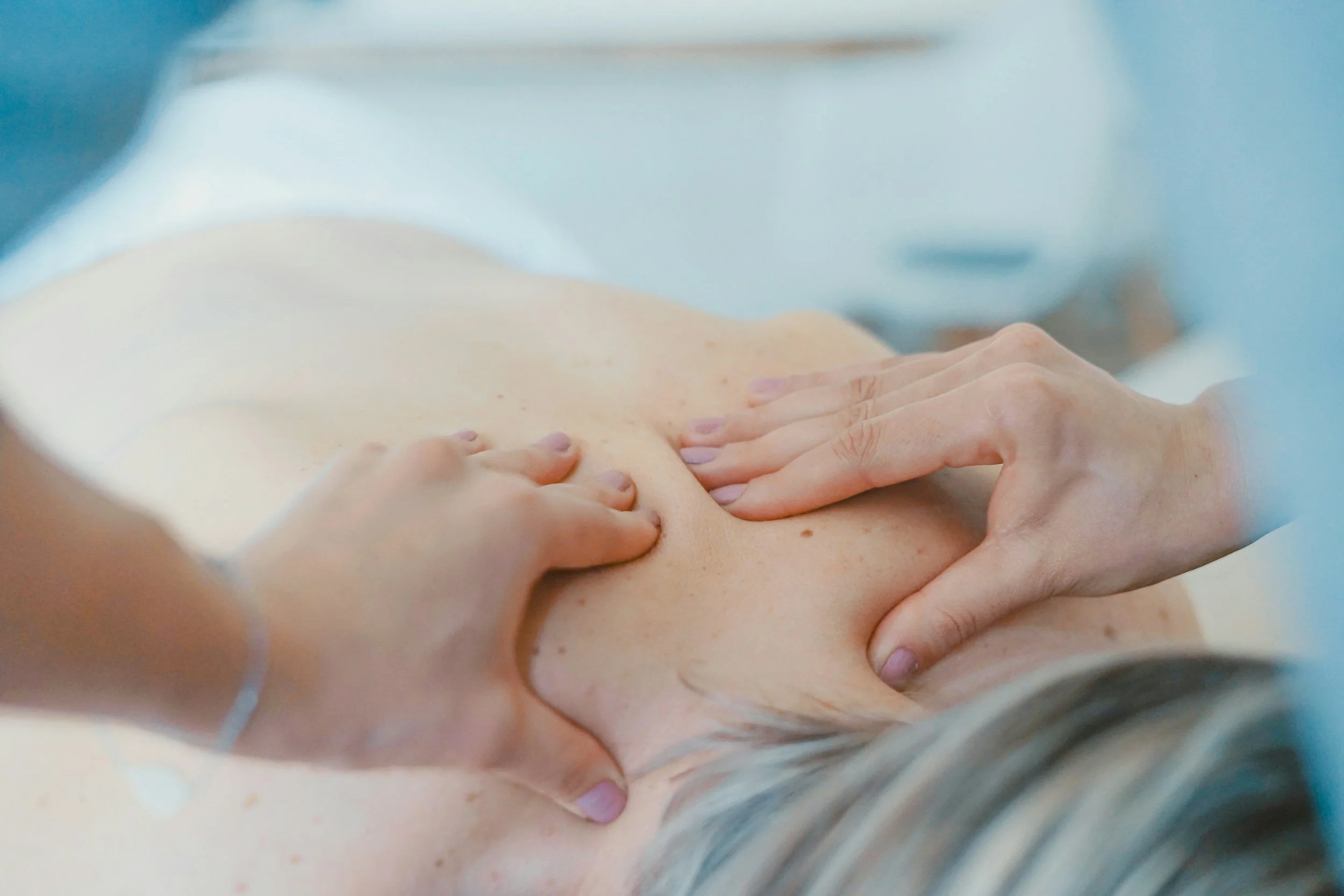Pre and Post-Acupuncture Care: What to Do for the Best Results
Acupuncture is a holistic approach to health and wellness that has been practiced for thousands of years. While the practice itself is a key component of the healing process, the care you take before and after your acupuncture session plays a crucial role in ensuring the best possible outcomes. This comprehensive guide will walk you through the essential steps of pre- and post-acupuncture care to maximize your results and enhance your overall experience.
Understanding Acupuncture and Its Benefits
Before diving into the specifics of pre- and post-acupuncture care, it's important to understand what acupuncture is and the benefits it offers. Acupuncture involves inserting thin, sterile needles into specific points on the body to stimulate energy flow and promote healing. This ancient practice can help with various conditions, including pain management, stress reduction, improved digestion, and enhanced immune function.
Preparing for Your Acupuncture Session
Proper preparation for your acupuncture session can greatly influence the effectiveness of the treatment. Here are some key steps to take before your appointment:
1. Stay Hydrated
Drinking plenty of water before your session is crucial. Hydration helps your body respond better to the treatment and can enhance the circulation of Qi (energy) throughout your body. Aim to drink water consistently throughout the day leading up to your session.
2. Eat a Light Meal
Eating a light, balanced meal a couple of hours before your appointment can help prevent feelings of dizziness or nausea during the session. Avoid heavy, greasy, or sugary foods that could make you feel sluggish. Opt for whole grains, lean proteins, and plenty of vegetables to keep your energy levels stable.
3. Wear Comfortable Clothing
Choose loose, comfortable clothing that allows easy access to the areas where the needles will be inserted. This can help you feel more relaxed and make it easier for the acupuncturist to perform the treatment.
4. Avoid Caffeine and Alcohol
Caffeine and alcohol can interfere with your body's natural energy flow and potentially diminish the effectiveness of the treatment. It's best to avoid these substances at least 24 hours before your session to ensure optimal results.
5. Communicate Your Needs and Concerns
Before your session, take some time to discuss your specific needs and concerns with your acupuncturist. This information can help them tailor the treatment to your individual situation, ensuring a more effective and personalized experience.
What to Expect During Your Acupuncture Session
During your acupuncture session, you will lie down in a comfortable position while the acupuncturist inserts thin needles into specific points on your body. You may feel a slight tingling or mild pressure, but the procedure is generally painless. The needles will remain in place for about 20 to 30 minutes, during which you can relax and allow your body to respond to the treatment.
Post-Acupuncture Care for Optimal Results
After your acupuncture session, there are several steps you can take to enhance the benefits of the treatment and ensure a smooth recovery:
1. Rest and Relaxation
Allow yourself some time to rest and relax after your session. Acupuncture can be physically and emotionally draining, so it's important to give your body the time it needs to recover and process the treatment.
2. Stay Hydrated
Continuing to drink plenty of water after your session can help flush out toxins and support your body's natural healing processes. Aim to drink at least eight glasses of water throughout the day.
3. Avoid Strenuous Activities
While light exercise and stretching can be beneficial, it's best to avoid strenuous activities or intense workouts for at least 24 hours after your session. This can help prevent any potential strain on your body and allow the treatment to take full effect.
4. Monitor Your Body's Response
Pay close attention to how your body responds to the treatment. It's normal to experience some mild soreness, fatigue, or changes in your mood or energy levels. However, if you notice any unusual or severe symptoms, be sure to contact your acupuncturist for guidance.
5. Maintain a Healthy Lifestyle
To maximize the benefits of your acupuncture treatment, it's important to maintain a healthy lifestyle. This includes eating a balanced diet, getting regular exercise, managing stress, and getting enough sleep. These habits can help support your body's natural healing processes and enhance the effectiveness of the treatment.
Common Misconceptions About Acupuncture Care
Despite its growing popularity, there are still many misconceptions about acupuncture care. Here are a few common myths and the truths behind them:
Myth 1: Acupuncture Is Only for Pain Management
While acupuncture is highly effective for pain management, it can also be used to treat a wide range of conditions, including anxiety, depression, digestive disorders, and fertility issues. Acupuncture works by stimulating the body's natural healing processes and promoting overall wellness.
Myth 2: Acupuncture Is Painful
Many people assume that acupuncture is painful because it involves needles. However, the needles used in acupuncture are very thin and typically cause little to no discomfort. Most patients describe the sensation as a slight tingling or pressure, rather than pain.
Myth 3: Acupuncture Has No Scientific Basis
Although acupuncture has been practiced for thousands of years, modern research has begun to uncover the science behind its effectiveness. Studies have shown that acupuncture can stimulate the release of endorphins, reduce inflammation, and improve blood flow, all of which contribute to its therapeutic benefits.
The Importance of Consistency in Acupuncture Treatment
Consistency is key when it comes to acupuncture treatment. While some patients may experience immediate relief after a single session, others may require multiple sessions to achieve the desired results. It's important to follow the treatment plan recommended by your acupuncturist and attend your sessions regularly to maximize the benefits.
Integrating Acupuncture with Other Therapies
Acupuncture can be used in conjunction with other therapies to enhance its effectiveness. For example, combining acupuncture with massage therapy, chiropractic care, or physical therapy can provide a more comprehensive approach to pain management and overall wellness. Always discuss any other treatments you are receiving with your acupuncturist to ensure they complement each other.
Conclusion: Embracing the Benefits of Acupuncture
Acupuncture is a powerful tool for promoting health and wellness, offering a natural and holistic approach to healing. By following the recommended pre- and post-acupuncture care guidelines, you can maximize the benefits of your treatment and support your body's natural healing processes. Whether you are new to acupuncture or a seasoned patient, embracing these practices can help you achieve better balance, relief, and overall well-being.
If you're interested in experiencing the benefits of acupuncture firsthand, visit Santa Clara Acupuncture & Functional Medicine for personalized care and expert treatment.
Our skilled practitioners are dedicated to helping you achieve optimal health and wellness. Contact us today to schedule your consultation and start your journey toward a balanced and healthier life!
Santa Clara Acupuncture & Functional Medicine
2100 Forest Ave, Ste101, San Jose, CA 95128
408.707.4912

